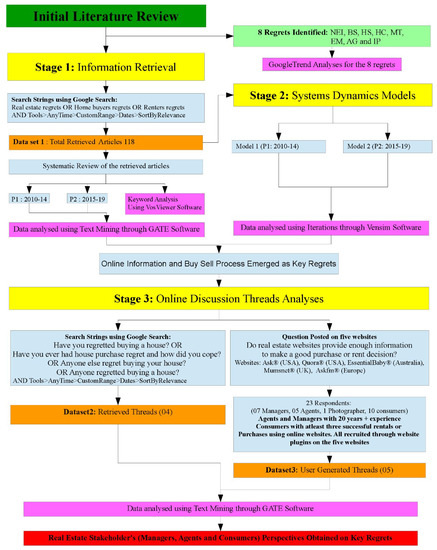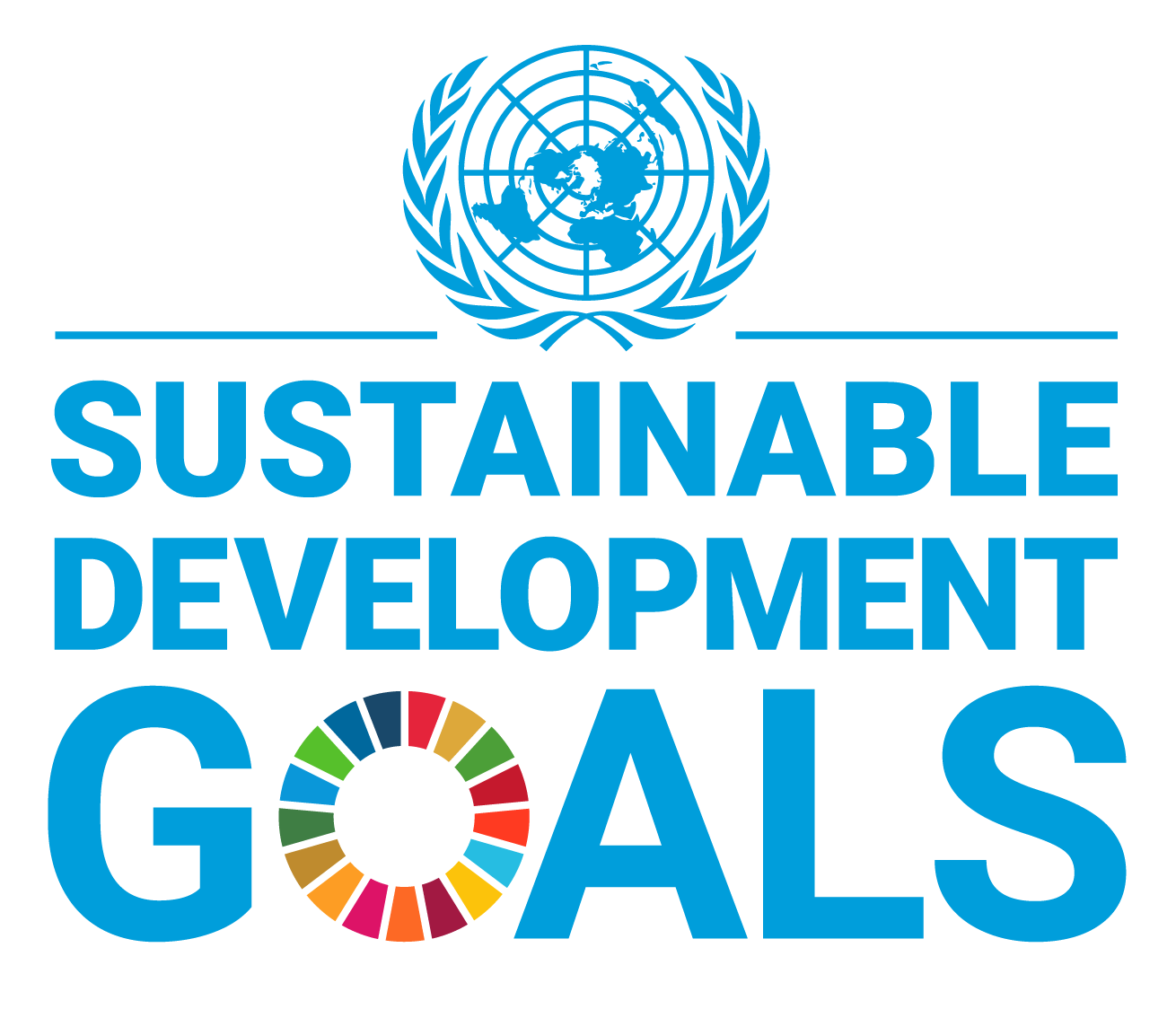Sustainability, Free Full-Text
Por um escritor misterioso
Last updated 22 dezembro 2024

The real estate sector is receiving mix responses throughout the world, with some countries like USA receiving lesser and European and Asia Pacific markets receiving more transactions in recent years. Among the concerning factors, post-purchase regrets by the real estate owners or renters are on the rise, which have never been assessed to date through scholarly research. These regrets can further increase in the time of lockdowns and bans on inspections due to Corona Virus Disease 2019 (COVID-19) and social distancing rules enforced by various countries such as Australia. The current study aims at investigating the key post-purchase regret factors of real estate and property owners and renters over the last decade using published literature and online threads. Based on pertinent literature, 118 systematically identified and text-mined articles, and four online threads with 135 responses, the current study develops system dynamics models to assess and predict the increase in consumers’ regrets over the last decade. Further, a user-generated thread with 23 responses involving seven real estate managers and five agents with more than 20 years of experience, 10 buyers with at least three successful rentals or purchases, and a photographer with more than 10 years of experience, is initiated on five online discussion platforms whereby the respondents are involved in a detailed discussion to highlight the regret reasons specific to real estate purchases based on online information. General architecture for text mining (GATE) software has been utilised to mine the text from both types of threads: Published and user generated. Overall, the articles and threads published over the last decade are studied under two periods: P1 (2010–2014) and P2 (2015–2019) to highlight the post-purchase or rent-related regret reasons. The results show that regret levels of the real estate consumers based on published post-purchase data are at an alarmingly high level of 88%, which compared to 2015, has increased by 18%. Among the major cited reasons, complicated buy–sell process, lack or accuracy of information, housing costs, house size, mortgages, agents, inspections, and emotional decision making are key reasons of regret. Overall, a total of 10% and 8% increases have occurred in the regrets related to the buy–sell process and lack of inspections, respectively. On the other hand, regrets related to agents and housing costs have decreased drastically by 40% mainly due to the good return on investments in the growing markets. However, based on the current trend of over reliance on online information and more powers to the agents controlling online information coupled with lack of physical inspections, the situation can change anytime. Similarly, lack of information, housing size, and mortgage-related regrets have also decreased by 7%, 5%, and 2%, respectively, since 2019. The results are expected to encourage policy level changes for addressing the regrets and uplifting the real estate industry and moving towards a smart and sustainable real estate sector. These results and pertinent discussions may help the real estate decision makers to uplift the current state, move towards a smart real estate, and avoid futuristic regrets, especially in the COVID-hit environment where most of the industries are struggling to survive. Careful attention is required to the top regret factors identified in the study by the real estate managers, investors, and agents to pave the way for a more managed real estate and property sector whereby the consumers are more satisfied with the value they receive for their money. This win–win situation will enhance the property business and remove the stigmas of intentional and deliberate withholding of information by managers and agents from the property and real estate sectors that can help boost the business through more purchases and satisfaction of its customers.

MIT Sloan Management Review

Sustainability Word Cloud: Over 3,821 Royalty-Free Licensable Stock Vectors & Vector Art

Nike Sustainability. Move to Zero.

the practice of reducing disaster risk through systematic efforts to analyze and manage the causal factors of disaster is –

PDF) On the Sustainability of Electrical Vehicles

Goal 2: Zero Hunger - United Nations Sustainable Development

Shop Organic & Sustainable Clothes Online - Organic Basics – Organic Basics EU

What is environmental, social and governance (ESG)?

Sustainability Graphic by laurenejlevinson · Creative Fabrica
Recomendado para você
-
 Candidate rejection emails for every stage of the application process (FREE TEMPLATES)22 dezembro 2024
Candidate rejection emails for every stage of the application process (FREE TEMPLATES)22 dezembro 2024 -
 Why Rupert Murdoch Fired Tucker Carlson From Fox News22 dezembro 2024
Why Rupert Murdoch Fired Tucker Carlson From Fox News22 dezembro 2024 -
 Horowitz Report Reveals the Steele Dossier Was Always a Joke22 dezembro 2024
Horowitz Report Reveals the Steele Dossier Was Always a Joke22 dezembro 2024 -
 What happened to Jonathan Turley, really?22 dezembro 2024
What happened to Jonathan Turley, really?22 dezembro 2024 -
 What Is the Best Age for Getting Rhinoplasty? Boulder CO - Boulder Plastic Surgery22 dezembro 2024
What Is the Best Age for Getting Rhinoplasty? Boulder CO - Boulder Plastic Surgery22 dezembro 2024 -
 The Presidency: The Hardest Job in the World - The Atlantic22 dezembro 2024
The Presidency: The Hardest Job in the World - The Atlantic22 dezembro 2024 -
 Generating a rejection letter with OpenAI ChatGPT : r/ProgrammerHumor22 dezembro 2024
Generating a rejection letter with OpenAI ChatGPT : r/ProgrammerHumor22 dezembro 2024 -
 76ers still falling short, 10 years after trusting The Process22 dezembro 2024
76ers still falling short, 10 years after trusting The Process22 dezembro 2024 -
 Free Candidate Rejection Email Templates for Recruiters - Recruiterflow Blog22 dezembro 2024
Free Candidate Rejection Email Templates for Recruiters - Recruiterflow Blog22 dezembro 2024 -
 The Huge, Hilarious Mistake in James Comer's New Biden Corruption22 dezembro 2024
The Huge, Hilarious Mistake in James Comer's New Biden Corruption22 dezembro 2024
você pode gostar
-
 El Trueque Volumen 27 by Ricardo Perez - Issuu22 dezembro 2024
El Trueque Volumen 27 by Ricardo Perez - Issuu22 dezembro 2024 -
 Pokémon Tower Defense 2 (2012) - MobyGames22 dezembro 2024
Pokémon Tower Defense 2 (2012) - MobyGames22 dezembro 2024 -
 Clube Xadrez Carioca do West Shopping promove Torneio de Xadrez22 dezembro 2024
Clube Xadrez Carioca do West Shopping promove Torneio de Xadrez22 dezembro 2024 -
codigo munição infinita gta 5 xbox 360|TikTok Search22 dezembro 2024
-
 Laptop Pack 222 dezembro 2024
Laptop Pack 222 dezembro 2024 -
Dvd, Maze Runner (2 Filmes) - Original22 dezembro 2024
-
 Se Waldo Lima. - ppt carregar22 dezembro 2024
Se Waldo Lima. - ppt carregar22 dezembro 2024 -
Taylor swift fearless album download viperial tracks22 dezembro 2024
-
 Ninetales Alola Shiny pokemon go Pokemon go, Pokemon, Shiny pokemon22 dezembro 2024
Ninetales Alola Shiny pokemon go Pokemon go, Pokemon, Shiny pokemon22 dezembro 2024 -
 Psychology in chess: is it really there? in 202322 dezembro 2024
Psychology in chess: is it really there? in 202322 dezembro 2024

